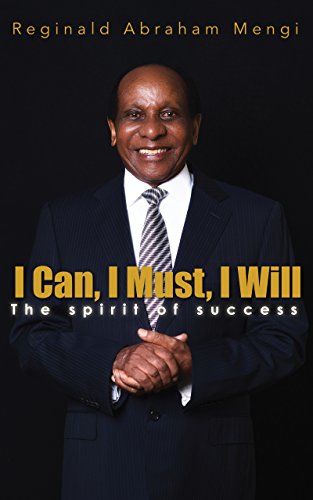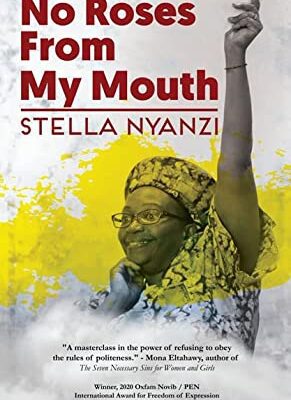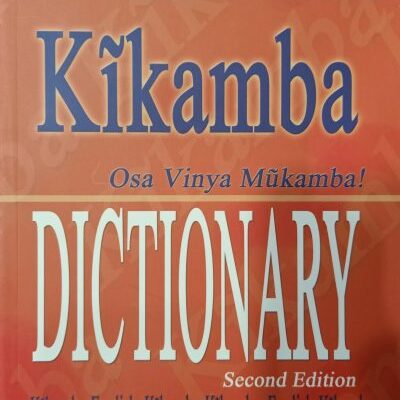Description
The book documents Dr Mengi’s journey from humble beginnings in rural Machame in Kilimanjaro Region to become one of the most successful businessmen in Tanzania.
It is a story that demonstrates how a single, determined individual can change the world – even if faced with enormous challenges – and qualifies as a very useful training manual for young entrepreneurs.
According to the book, Dr Mengi capitalised on some big pieces of luck en route to his super-wealthy status. He won a scholarship to Europe as a young man, and years later saw a gap in the market to found his first business, which set him on the road to spectacular wealth.
“For a long time we have been saying Africa is poor, but that’s wrong,” states Dr Mengi in the 320-page book launched by President Magufuli in Dar es Salaam yesterday.
He continues: “Africa, as a continent, is not poor; it’s the people who are poor. We should open our eyes. Africa as a continent is very rich.”
The book narrates how “…as a child he went barefoot and slept on a dirt floor in the town of Machame. His parents owned a small plot where they toiled every day to feed their family of eight. Fortunately, Mengi’s mother was a bit of an entrepreneur, and she taught the young Mengi a lot.”
He is quoted as recalling: “My mother would take a bunch of bananas and come back with a kilo of rice. She would take just one chicken and come back with a kilo of potatoes, or a bunch of bananas and come with a pair of shorts for school. That is the greatest entrepreneur I admire.”
“We lived in a mud hut with two cows, three sheep and a few chickens. Nothing more than that in terms of what my family was worth, because we just couldn’t make ends meet … we couldn’t afford food, and when we got two meals a day, it was a great celebration.”
He says there were plenty of opportunities around in 1980s Tanzania, despite recalling the suffering and shortages he saw everywhere in those days.
The years of socialist economics had taken their toll on consumer goods, and they were as rare as hen’s teeth on the streets of Dar es Salaam. The unintended consequence of this was that it yielded Dr Mengi’s first idea as an entrepreneur.
One day, Dr Mengi ventured out into the bustling streets of the capital Dar es Salaam to look for a pen. He couldn’t believe it when he couldn’t find one, after spending the day searching high and low. Everyone needs a pen at some point, Dr Mengi thought, as he spotted a gap in the market as wide as the Indian Ocean.
So he recruited a friend and they did their research. They found a pen-component manufacturer in Kenya, and arranged to ship in the necessary parts.
“When the components arrived, I didn’t know where to put them, so the best place was my bedroom. It was in that bedroom that I started the assembly of the pens,” he recalls.
Dr Mengi worked a 16-hour day and made deliveries on foot. “That little business gave me my first million dollars,” he remembers.
He was on a roll, selling his pens to the masses, and anything and everything at the high-volume, lower-end of the market. There was shoe polish made from ground charcoal and oil, and a natural skin exfoliate that was simply bottled mud from the sea. There appeared to be no end to what Dr Mengi could produce to make money; soap, toilet paper, detergent, beds, shoes, toothpaste.
Sujata K. Bhatia, a professor of chemical and biomolecular engineering at University of Delaware in the United States, says: “Reginald Abraham Mengi eloquently describes the role of values, vision and perseverance in his remarkable entrepreneurial success.”
“(He) is an individual of remarkable breadth, drawing inspiration from thinkers as diverse as Dr Martin Luther King, Jr, Ralph Waldo Emerson, Malcolm Gladwell and even R. Kelly,” Bhatia adds.
Indeed, this book is a must-read, not only for Tanzanians, not only for Africans, but for every aspirational individual around the globe who believes that we can build a better world, writes Prof Bhatia.





Reviews
There are no reviews yet.